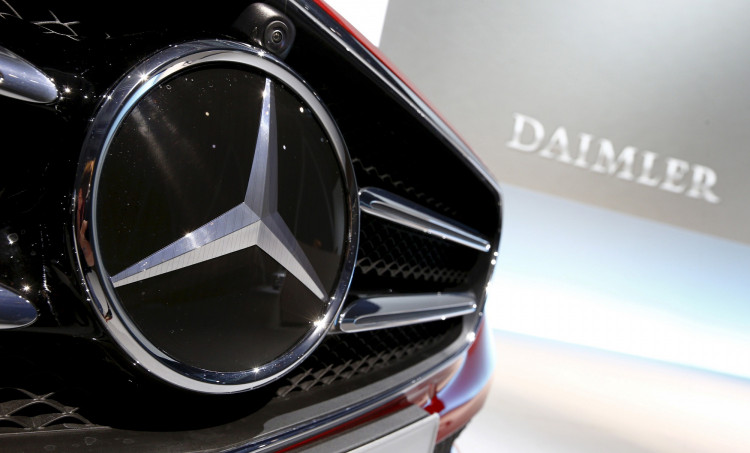Daimler AG has agreed to pay $1.5 billion to U.S. and Californian state regulators to settle separate investigations into allegations it cheated on diesel-emission tests. The parent company of Mercedes-Benz was accused of rigging software on its vehicles to pass U.S. emission standards.
According to the findings of an investigation conducted by engineers at the Environmental Protection Agency, Daimler cheated on the tests so it might continue selling its diesel-powered vehicles in the U.S.
As part of the settlement, Daimler has been ordered to make fixes to its more than 250,000 diesel-powered vans sold, imported and manufactured between 2009 and 2016. Daimler will need to bring all of the affected vehicles into legal compliance under the country's existing emission regulations.
Out of the $1.5 billion settlement, $875 million will be paid to the agency, the California Air Resources Board and the Department of Justice in civil penalties. Agency administrator Andrew Wheeler said the settlement was the second-largest civil penalty imposed on a carmaker under the Clean Air Act.
The amount is larger than the civil penalties imposed on Volkswagen in 2017 and Fiat Chrysler in 2019 combined. Around $700 million will be given to complainants in a class-action lawsuit filed against the company over its alleged emissions-tests cheating.
In a statement released after the settlement, Daimler said it fully cooperated with U.S. authorities throughout the investigation. It said throughout the process the company hadn't received any Notice of Violation from either the Environmental Protection Agency or the California Air Resources Board.
Despite it agreeing to pay the settlement, Daimler denies any wrongdoing. It said agreeing to the settlement didn't equate to it admitting to the allegations or any of the complainants' claims against it.
California Attorney-General Xavier Becerra said in a separate statement that over the long term all companies that cheated would be caught. He said Daimler found out the hard way. Becerra said this wouldn't be the last time motor-vehicle manufacturers tried to cheat the system.





